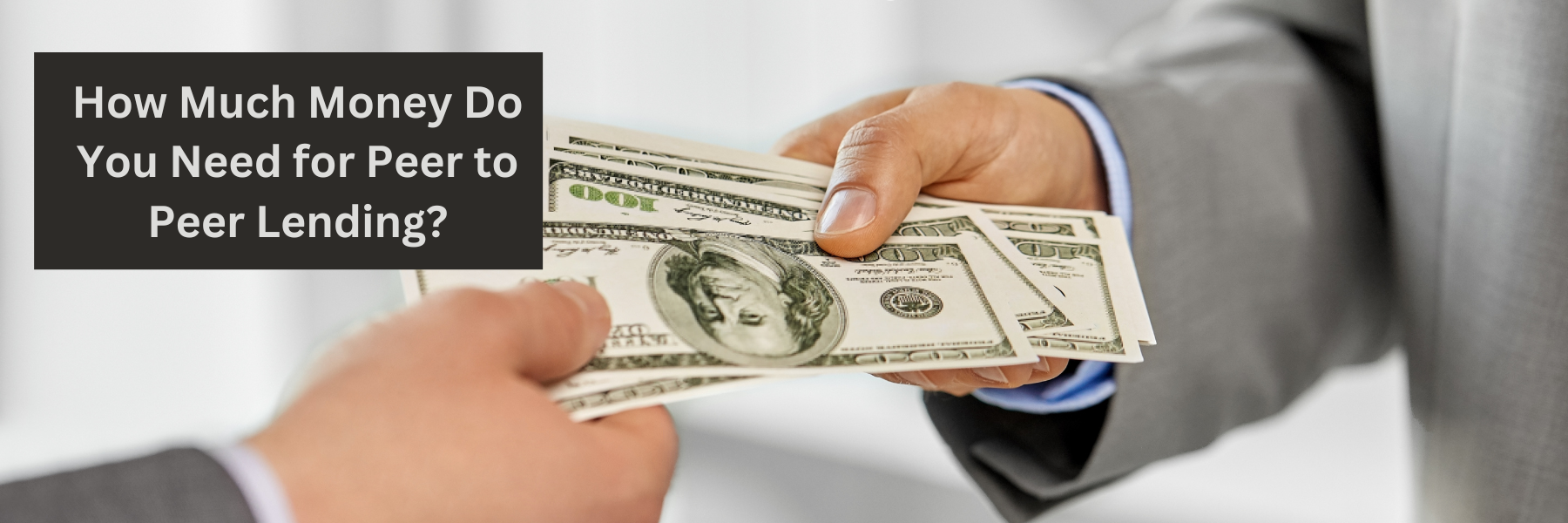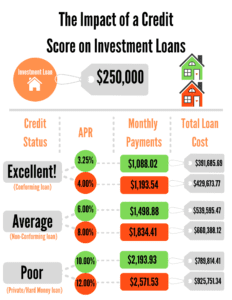DSCR Loans: What Type of Properties Qualify?
Today we are going to discuss DSCR loans and look at what type of properties qualify. DSCR loans are an excellent product because they can provide more flexibility than traditional lenders. Unlike Fannie and Freddie, or traditional lenders, DSCR loans do not have the same guidelines. Instead, DSCR loans are regulated by a few big investors and do not force people to fit into a computerized box. DSCR loans create an opportunity for investors to find the perfect loan to meet their needs.
Unique properties require unique loans.
Many unique properties include ones that need a smaller loan, a rural loan, mixed use, or properties that are above 4 units. Keep in mind that some lenders are not always able to meet your needs. Unlike traditional loans, DSCR lenders all follow different guidelines and requirements. While one will do a DSCR ratio of 1, another lender will require 1.1 to get their best rates. Your credit score also plays a role in loan approval. Some lenders will go down to a 620 credit score, while others will say that 680 is the lowest they will go. There are so many different options that are available to investors. Be sure to take your time to find the best option for you and your property.
The lending box.
There is a lending box that 60% to 70% of investors fit into. This box requires them to have a 700 credit score, 75% LTV, and a 1 to 4 unit property. For these investors, it becomes a matter of price shopping to see which lender has the best price for their property. If you don’t fit into this box don’t worry! There are a multitude of loan options available that can provide the flexibility you need to succeed. Do you have a VRBO, Airbnb property, pad rental, or a rural property? Find the right loan and the right amount for your next investment project. Whether it’s $50K or $300K, DSCR lenders have the versatility that can open the door to endless possibilities.
We are here to help!
Are you in need of a DSCR loan for a unique property? Here at The Cash Flow Company we are happy to run through the numbers to see which loan is best for you. Most importantly, there is no need to run your credit! Don’t get stressed trying to fit into a lending box! Keep your options open and find the right DSCR lender today!
Contact us today to find out more about DSCR loans!
Watch our most recent video to find out more about: DSCR Loans: What Type of Properties Qualify?























